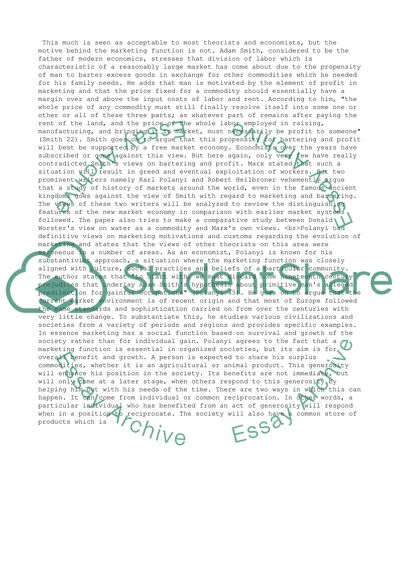Cite this document
(“Markets As A Form Of Production, Use And Consumption.The Meaning Of Article”, n.d.)
Markets As A Form Of Production, Use And Consumption.The Meaning Of Article. Retrieved from https://studentshare.org/business/1517201-water-sustainability
Markets As A Form Of Production, Use And Consumption.The Meaning Of Article. Retrieved from https://studentshare.org/business/1517201-water-sustainability
(Markets As A Form Of Production, Use And Consumption.The Meaning Of Article)
Markets As A Form Of Production, Use And Consumption.The Meaning Of Article. https://studentshare.org/business/1517201-water-sustainability.
Markets As A Form Of Production, Use And Consumption.The Meaning Of Article. https://studentshare.org/business/1517201-water-sustainability.
“Markets As A Form Of Production, Use And Consumption.The Meaning Of Article”, n.d. https://studentshare.org/business/1517201-water-sustainability.


